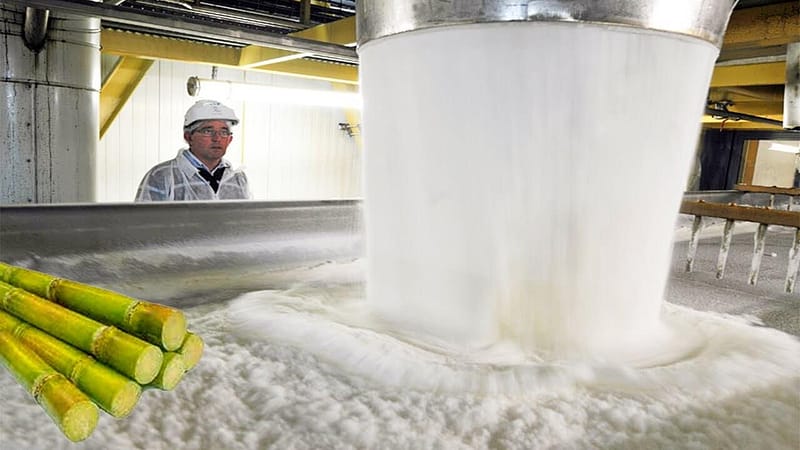As sugar prices worldwide reach alarming heights, the consequences are acutely felt in some of Africa’s most vulnerable nations. These soaring prices are particularly affecting African countries, where the reliance on sugar imports and a shortage of US dollars amplify the economic strain. Asia & Africa General Trading LLC, based in Dubai, plays a crucial role in addressing the growing demand for sugar in these regions.

A Growing Crisis
Disappointing harvests from major sugar-producing nations have driven wholesale prices to their highest levels in over 12 years as of September. African countries like Rwanda, Uganda, Kenya, and Tanzania are among the hardest hit, facing some of the highest sugar prices in decades. Tariffs on imports only exacerbate the problem, according to data from Nairobi-based commodities research group Kulea. As energy prices surge and unemployment rises, the rising costs of sugar pose significant challenges for families trying to make ends meet.
Willis Agwingi, head of research at Kulea, points out that, “The pain of higher prices isn’t being felt equally across the region — it’s falling most on poorer countries.”
The Importance of Sugar
Sugar holds a crucial place in the local food customs of many African communities. It is not only a dietary staple but also a key ingredient in pastries and sweets, especially during Muslim celebrations. For numerous African households, sugar remains one of the most affordable sources of calories, as highlighted by Kona Haque, head of commodities research at ED&F Man. However, the surging prices are causing consumers to cut back on soft drinks and other sugar-intensive beverages, while companies are reducing their purchases due to diminished demand.
Fatoumata Conde, a mother in Guinea, reflects on the situation, stating, “It’s been almost three months since I bought sugar for breakfast. We now consume rice in the mornings because the price of sugar can be used to purchase other condiments.”
Even beloved snacks like puff puff, a popular West African fried dough snack, have become more expensive due to the rising cost of sugar. In response, some vendors are reducing the amount of sugar used, while others are substituting honey for sugar in beverages to cut costs.
Challenges for Importing Countries
Africa is considered a significant market for sugar, given its rapid population growth and the rise of middle-income households. However, only a few countries can produce enough sugar to meet local demand, making them attractive destinations for sugar imports. The cost of sugar varies by country, depending on refining capacity and the type of sugar imported, leaving some countries more vulnerable to price fluctuations than others.
For instance, North African countries like Algeria and Morocco consume more white sugar and have more refined sugar production capacity compared to the rest of the continent. This enables them to import cheaper raw sugar in bulk and refine it locally. In contrast, sub-Saharan regions mainly import brown sugar and low-quality whites, which come at a higher shipping cost.